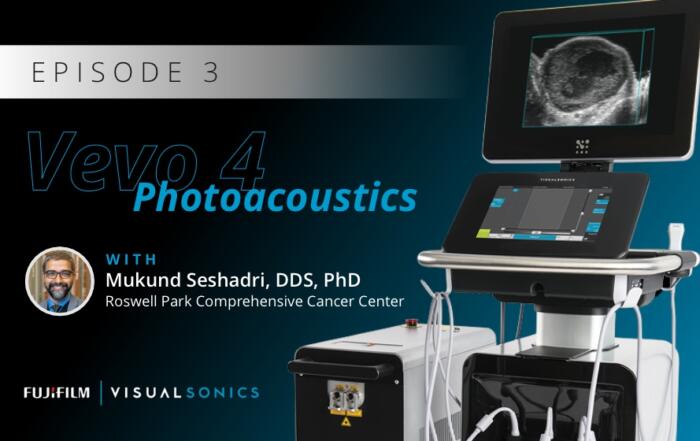This webinar explores France's governance of human biological samples for research, focusing on acquisition, storage, import/export, and unique requirements in comparison to global standards.
Local legislation surrounding the sourcing of human biospecimens for research varies greatly around the world. To provide valuable insights to researchers working with human biological samples (HBS), we’re partnering up with global sourcing partners to highlight how different countries govern the sourcing process in our ongoing webinar series, “COMPLi HBS Legislation Series”.
In this episode of the series, we highlight how France governs the recruitment, collection, storage, and import/export of human biological samples (HBS) for research.
Key Topics Include:
- Requirements for HBS acquisition (donor consent, ethics reviews, etc.) in France
- Requirements for HBS storage (licences/audits/registrations) in France
- Requirements for import to France/ export from France of human samples for research
- French legislation compared to global standards
- Additional & unique requirements on the use of human tissue in research in France
Who Should Attend?
Click to watch the webinar recording. To view the presentation full screen simply click the square icon located in the bottom-right corner of the video viewer.
Click to watch the webinar recording. To view the presentation full screen simply click the square icon located in the bottom-right corner of the video viewer.
Presenters
Biobank Manager
France Tissue Bank
Biobank Manager
France Tissue Bank








